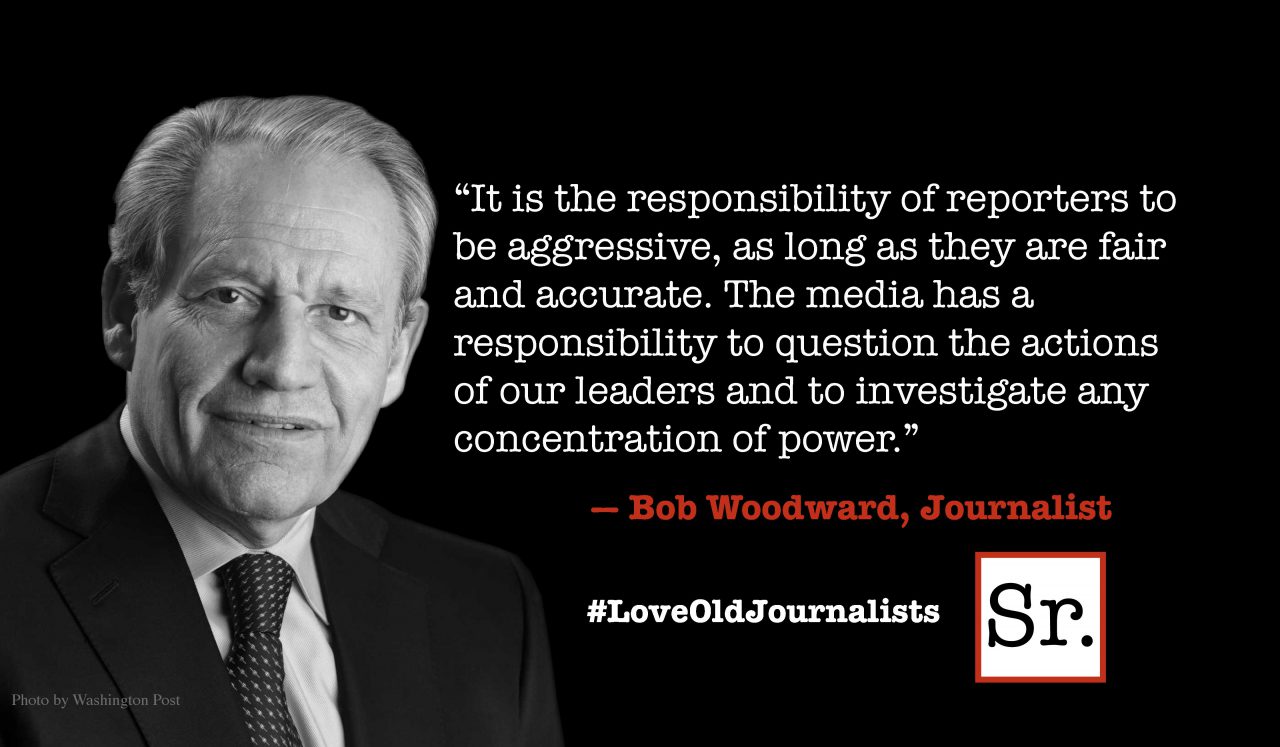The dictionary describes “momentum” as a strength or force that keeps growing. Gamblers in the rush of a hot-streak believe in the force. Sports teams with momentum go on inexplicable winning streaks while opponents can’t seem to string two wins together no matter how hard they try or how ‘talented’ their roster.
Business isn’t all that different. But unlike finite measurements such as sales, market share, profit, stock price or market cap, momentum remains an intangible—a powerful one. Companies short on momentum have a heck of a time finding it, and those who enjoy momentum can ride the big surf for extended periods of time. But take momentum for granted and the tide will turn—at first you won’t even realize that it is gone. All of a sudden, the signposts are everywhere, and no matter how hard you work to stop the erosion, reversal is evasive.
Sustaining high growth over the long haul isn’t easy. Winners are suddenly losers. Look at Kodak, Blockbuster, Borders, and Nortel. Each rode the wave of success, only to come crashing down. Like the phoenix, some rise again. Leaders who suffer the tough days of turnarounds and manage to resurrect a business are the ones who think about momentum in strategic terms. These leaders know the success factors that raised them from their corporate cesspool. Most will continue to leverage the factors with unabashed zeal. For example, if it was innovation and creativity that brought revival, chances are high that innovation and creativity will remain a cornerstone of their corporate culture.
Early in my career, I swam in four years of red ink at Jacobs Suchard’s Canadian unit. Let me tell you…it wasn’t fun. The management team believed they were doing the right things to create change. Market share was responding but not profit. Finally, we turned the corner and the company delivered 13 consecutive years of profit growth. Those of us who suffered the dark days would never forget the agony. Never would we allow ourselves to become complacent. And though the shareholders benefited handsomely, several young managers who were part of that company went on to become business unit Presidents for such notables as Nestle, ConAgra, In-Bev, Warner-Lambert, Rogers Communications, Electronic Arts and Coca-Cola.
This lesson in business momentum can also be a lesson in life.








